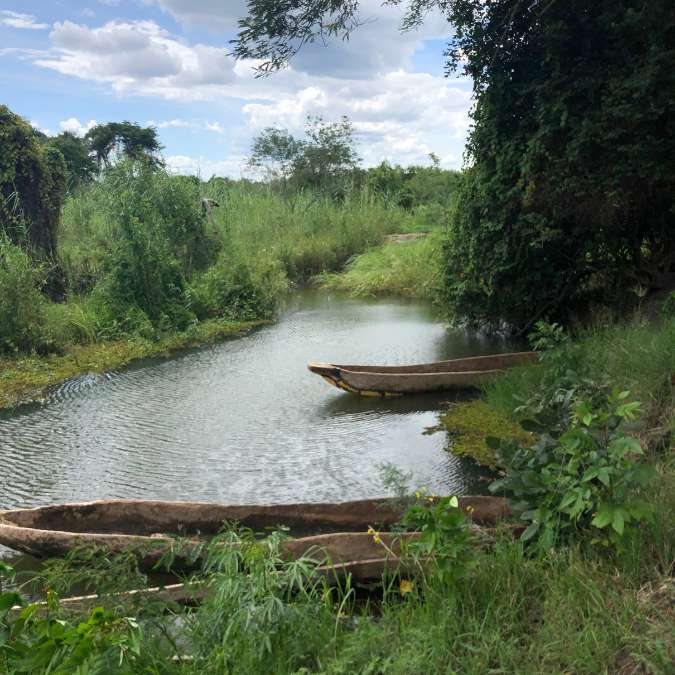Malaria, a potentially life-threatening disease caused by a parasite transmitted through mosquito bites, poses a significant health risk in tropical and subtropical regions. Protecting yourself from malaria is crucial to ensure your well-being during travel. This comprehensive guide offers practical tips for malaria prevention, including medication, insect repellent, and proper awareness.
1. Take malaria prevention medication: Malaria prevention medication is the cornerstone of protection. Consult your doctor to determine the most suitable medication for your needs, as there are various options available.
2. Utilize effective insect repellent: Use insect repellents containing DEET or other proven active ingredients. Apply the repellent to exposed skin and clothing as directed, reapplying as necessary.
3. Sleep under a treated mosquito net: When staying in areas where malaria is prevalent, sleep under a mosquito net treated with permethrin. This provides an additional barrier against mosquito bites.
4. Avoid mosquito bites: Minimize exposure to mosquitoes by wearing long sleeves, pants, and closed-toe shoes when outdoors. Steer clear of outdoor activities during peak mosquito activity at dawn and dusk.
5. Stay in well-screened areas: Choose accommodation with well-maintained window and door screens to prevent mosquitoes from entering your living space.
6. Recognize the signs and symptoms: Familiarize yourself with the signs and symptoms of malaria, such as fever, chills, headache, muscle aches, and fatigue. Seek immediate medical attention if you suspect you may have contracted malaria.



Additional Tips for Effective Malaria Protection:
- Inform your doctor about your travel plans to malaria-endemic areas for personalized advice on preventive measures and medication.
- Pack a comprehensive travel kit that includes a first-aid kit, insect repellent, and other essential items for emergencies.
- Comply with local laws and regulations in countries that require mandatory malaria prevention medication.
- Stay informed by accessing resources such as the Centers for Disease Control and Prevention (CDC) website, which offers valuable information on malaria prevention and treatment.



Malaria prevention is crucial for a safe and enjoyable travel experience. By following these essential tips, including taking preventive medication, utilizing insect repellent, and staying informed, you can significantly reduce the risk of contracting malaria. Remember, while these measures provide substantial protection, it’s important to seek medical attention promptly if you experience any symptoms associated with malaria. Safeguard your health and embrace worry-free travel with effective malaria protection measures in place.
Disclaimer:
We are not medical professionals, and the information provided here is intended solely for general guidance and informational purposes. It should not be considered a substitute for professional medical advice, diagnosis, or treatment. Travelers seeking guidance on malaria prevention or any health-related concerns must consult with a qualified medical doctor or healthcare provider. The tips and recommendations offered here are general in nature and may not be suitable for everyone. Individual health circumstances can vary, and a healthcare professional can provide personalized advice and prescribe appropriate medications for specific needs. Travelers are encouraged to prioritize their health and safety by seeking professional medical consultation before embarking on their journey.
Need some help planning your next great Africa Adventure?
Schedule a FREE 30-minute consultation with German – for the perfect advice on where to stay, what to do, and how to get there & back.

